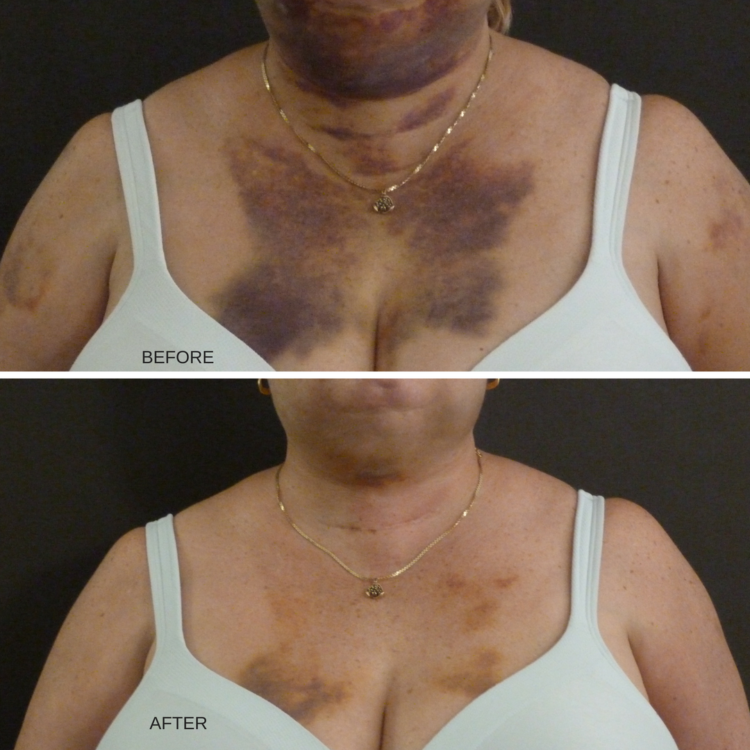If You’re Thinking About Having Surgery, This Unique Treatment Can Help

There are certain things everyone should do before having surgery – in the same way you wouldn’t attempt to run a marathon without doing any training.
A healthy diet, avoiding coughs and colds in the weeks before treatment, and quitting smoking can all have a huge impact on your surgical outcome.
And there’s also another weapon in your armoury – what’s known as the Manual Lymphatic Drainage session, or ‘MLD’ for short.
It’s something we incorporate into all our surgical packages, as we offer our patients one treatment before surgery and several afterwards.
And from preparing the tissue for surgery, to reducing pain after the procedure, this is why MLDs come highly recommended by us:
What is Manual Lymphatic Drainage?
You might not be familiar with it, but it’s a technique that actually came to prominence in the 1920s and 30s and has been continually developed and advanced ever since. The basic idea is that a practitioner uses gentle pressure on the skin to stimulate the body’s lymph nodes to drain them of excess fluid. And it’s not just a way to relax and unwind, it actually adds a boost to both your immune system and the healing process.
What Is The Lymphatic System?
The lymph system is a network of channels and glands located throughout the body that help fight infection and remove excess fluid, while flushing toxins too. If this system isn’t working perfectly, you can end up with fluid retention, puffiness, skin infections and general feelings of lethargy. And the purpose of the MLD is to give a little helping hand to the lymphatic system, targeting lymph nodes manually and allowing any harmful deposits to be drained away.
What Can MLD Accomplish?
We recommend an MLD treatment both before and after surgery. First and foremost, MLD can help with stress and pain relief, which may occur if you’re undergoing surgery. But it can also provide immune system stimulation, a reduction in swelling and the regeneration of tissue. That’s obviously important for surgical patients wanting to reduce the appearance of any scars and who want to speed up their recovery times. It can also be beneficial for inflammatory conditions, Lymphoedema and Lipoedema.
What Other Benefits Are There To MLD?
As well as improvements to surgical outcomes, MLD can also make you less susceptible to coughs, colds and sickness, which could again aid your surgical recovery. That’s because the lymphatic system works to target and destroy any invading bacteria and viruses, and by giving it a boost through MLD, the entire immune system can be fortified.
How Many MLD Sessions Do I Need?
Postoperative lymphatic drainage can require between two and eight sessions. Good results in reduction of oedema – aka swelling – will be noticed in the first 2 sessions, as long as there is no other untreated factor stimulating swelling. Lymphatic drainage can ease patient’s recovery from surgery and enhance overall health and wellbeing. You will be advised on your consultation as to the appropriate number of sessions that would suit you best.








